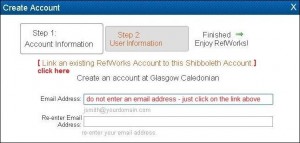There are a number of measures used for journal quality, article impact and assessing your personal research output.
You may find lists of quality journals designated by experts in particular fields. For example, the Association of Business Schools (ABS) publishes a guide on journal quality which uses citation data, peer review and expert opinion to provide a list of academic journal titles for management and business researchers. Thomson Reuters publishes annual Journal Citation Reports (JCR) which provide impact factors and quality rankings for academic journals. The library provides access to the current JCR Social Sciences and JCR Science editions (log in with your Domain username and password).
Altmetric provide article level metrics to researchers. They collect data on citations within social media sites, government papers and newspapers as alternative counts to the academic data in JCR mentioned above. There is a free bookmarklet for researchers.
In 1995, Jorge E. Hirsch proposed the H-index as a measure of the output of individual researchers. This is still used widely within academia (and you will find many articles discussing it). Google Scholar provides H-index measures for articles and scholars. See their metrics pages for details. You can also find or calculate your own H-index using Journal Citation Reports or Google Scholar.
The academic librarians are here to support you in your research and can offer tailored workshops for groups or one-to-one support. Please contact us if you want to follow up on anything or if you want to arrange an appointment. See our contact details.
References
HIRSCH, J. E., 2005. An index to Quantify an Individual’s Scientific Research Output. Proceedings of the National Academy of Sciences, 102(46) pp. 16569-16572.
